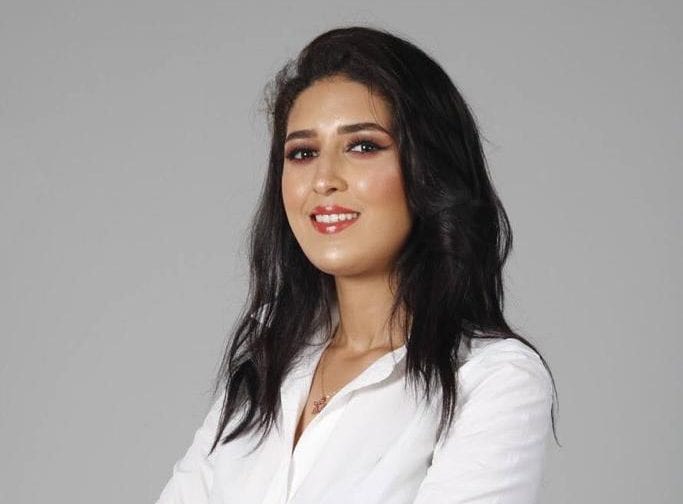Download: Historical convergence
Morocco, A committed player and strong partner
The “historic” rapprochement between Canada and Morocco will allow the two countries to work together on major issues in the world. This is how Canadian Foreign Minister Francois Philippe Champaign said last January.
While this convergence dates back to the end of the 1960s, when Canada opened its borders to increasingly diverse immigration, In 201 6, there were more
than 104,000 Moroccans in Canada who resided primarily in the Montreal area. Morocco is also the third largest source of immigrants to Quebec. Every year, approximately 3,500 young Moroccans come to study at Canadian colleges and universities, traditionally in Quebec, but increasingly in other provinces and territories.
Quebec’s Immigrant
Selection Network aims to welcome French-speaking, highly educated, young immigrants. Admission criteria are ranked in order of importance such as level of education, language skills, work experience, age, employment, as well as ability to adapt. Statistical data proves that Moroccan immigrants do indeed meet these criteria. They are highly qualified, because more than a third of them have a university degree (35%), Compared to 1 6.5% of the total population of Quebec.
They are also young (41.6% are between 25 and 44 years old, compared to 27.8% of the total population of Quebec) and French speakers (96% of Moroccans in Quebec say they know French) Canada and Morocco enjoy excellent bilateral relations, particularly in the areas of trade, culture and the promotion of women’s rights, as well as in joint efforts to combat terrorism and extremism.
The date of the establishment of official diplomatic relations between the two countries goes back to 1962, with the year 2017 marking the fifty-fifth anniversary of these bilateral relations.
Moroccan-Canadian relations are developing in the right direction, especially since Morocco is Canada’s fifth trade partner at the African level, with a trade development of no less than 10%.
Canada’s commercial activity is also diversified in Morocco and focuses on trade and investment. Establishing partnerships with educational institutions; And create franchises And other global activities.
In 201 8, Morocco was Canada’s 54th bilateral trade partner and Canada’s fourth largest bilateral trading partner in Africa.
Morocco also provided valuable job opportunities to Canada in the fields of infrastructure, mining, green technology, defense, security, agriculture, space and education.
In 201 8, bilateral trade amounted to $ 907.3 million, an increase of 10.9% compared to 2017. The main drivers of the Moroccan economy are agriculture, tourism and mining (phosphates). The cuttingedge manufacturing industry (aerospace, automotive) is also emerging.
Morocco is also a committed player and an important partner in migration and climate change issues, and it has hosted many international conferences on its soil. In December 2018, the country hosted the Intergovernmental Conference for the Adoption of the Global Compact for Safe, Orderly and Regular Migration in Marrakech, which Canada is a signatory to. Morocco also hosted the Conference of the Parties (COP22) to the United Nations Convention on Climate Change (UNFCCC) in November 2016.
Morocco is one of the priority countries identified in the Canadian strategy with regard to international education.
Over the past ten years, Canada has contributed more than $ 80 million in development aid to Morocco.
In addition to launching two initiatives to support civil society, with at least $ 14 million, to be distributed over the next five years.
Focusing on gender equality is a major topic and all projects must address these issues related to women’s rights directly.
The two countries will work at multilateral levels, given their assumption of the copresidency of the Global Counter-Terrorism Forum, Morocco and Canada will work to make this international platform play its full role by establishing partnerships with regional and international organizations, creating consensus on issues related to combating terrorism, and adapting the efforts of the international community to The evolution of this phenomenon.








